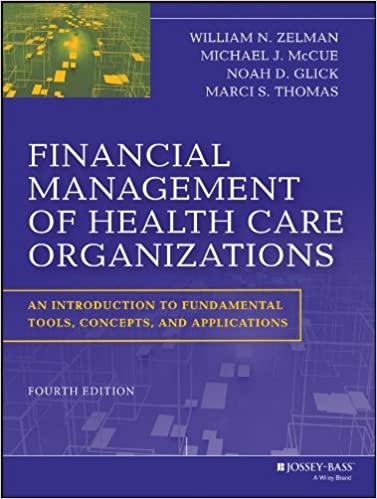Question
X Corp. owns 98 of the 100 outstanding shares of T Corp. common stock the only class outstanding. The other 2 shares are owned by
X Corp. owns 98 of the 100 outstanding shares of T Corp. common stock the only class outstanding. The other 2 shares are owned by unrelated shareholders. T has some assets with both gains and losses; assume the amount of the gains exceeds the amount of the losses. In Year 1, X engages in the following transactions. On March 1, it sells 30 shares of T stock to unrelated A for cash; on April 1, it sells 10 shares of T stock to R, a related individual; on July 1, it distributes 50 shares of T stock to X Corp.'s unrelated shareholders; and on December 1, it sells 5 shares of T stock to unrelated B. The value of T stock on July 1 is $100/share.
(a) May a 336(e) election be made and, if so, by whom?
(b) Assuming that a 336(e) election may be made, what are the tax consequences to all relevant parties?
Step by Step Solution
There are 3 Steps involved in it
Step: 1

Get Instant Access to Expert-Tailored Solutions
See step-by-step solutions with expert insights and AI powered tools for academic success
Step: 2

Step: 3

Ace Your Homework with AI
Get the answers you need in no time with our AI-driven, step-by-step assistance
Get Started


